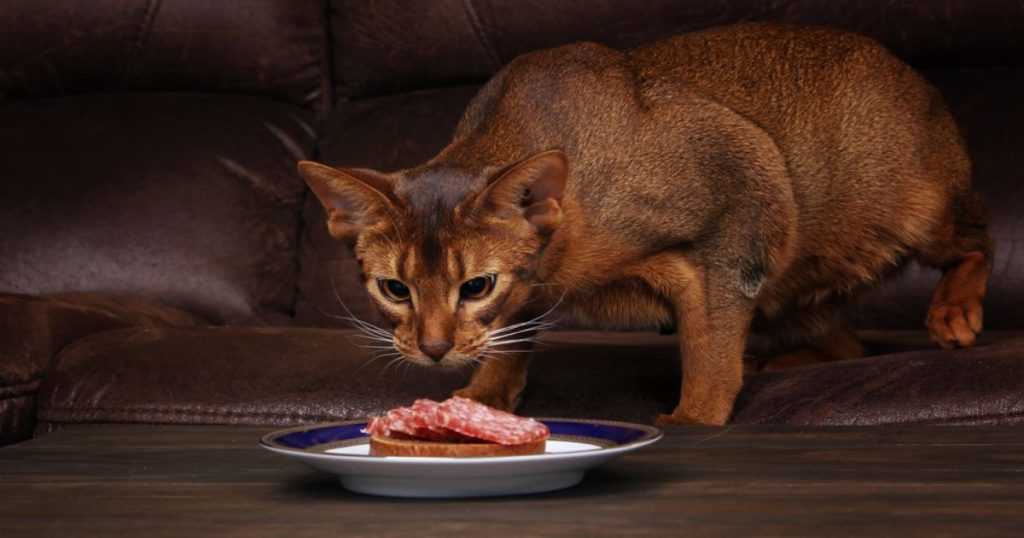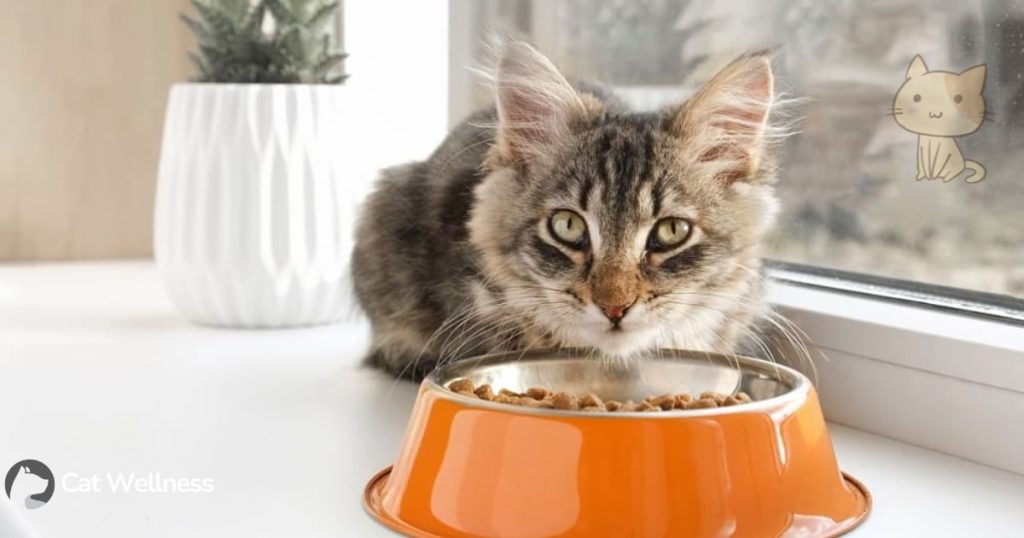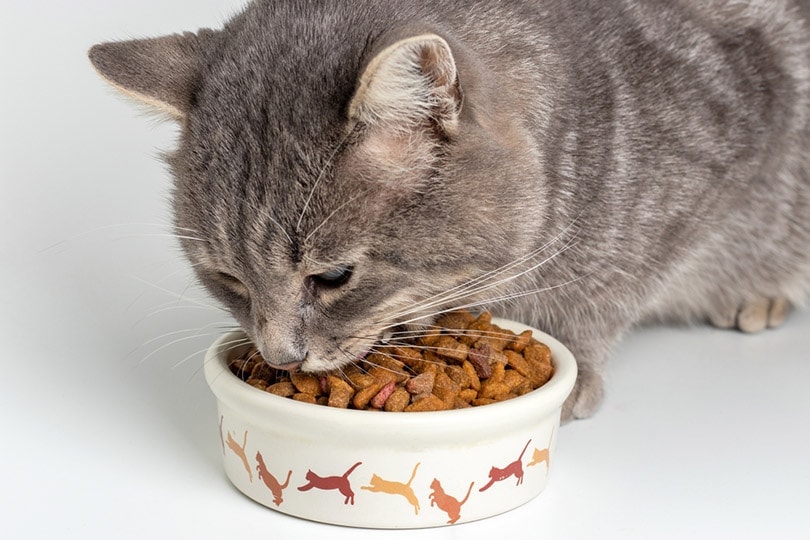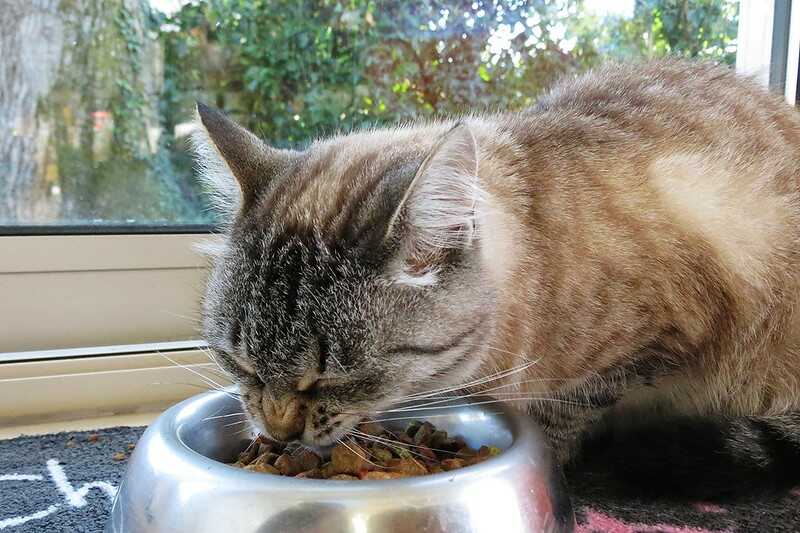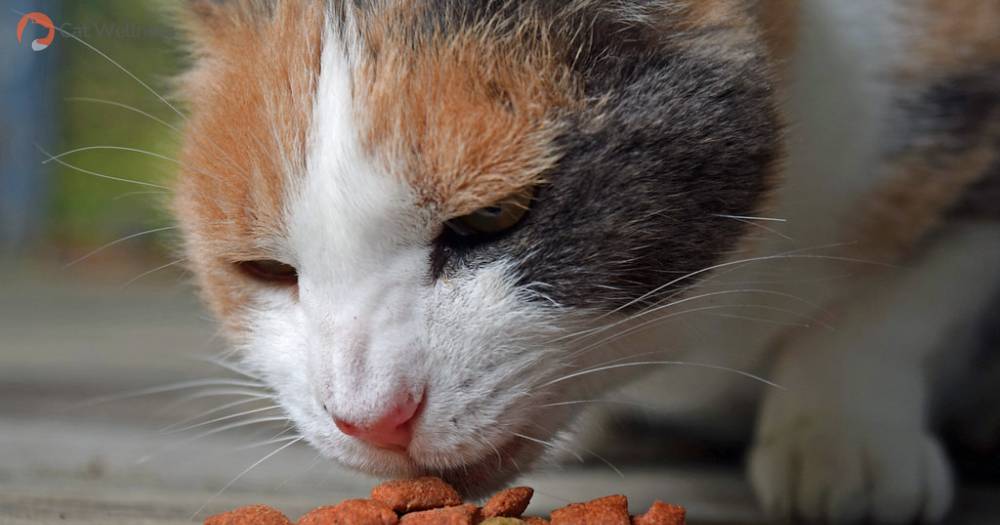As a cat owner, it’s not unusual to witness your cats engaging in skirmishes, though their aggression can sometimes escalate. Nonetheless, they understand self-defence and the potential consequences of their conflicts.
Yet, a pressing concern that often unsettles some cat owners is whether cats can inflict fatal harm on each other during such altercations.
So, the question now is, can cats kill each other?
This post will address several questions that can enhance your understanding of your cats’ fights and ways to assist them. Let’s delve into these details without any delay.
Can Cats Kill Each Other?
Cats generally do not engage in lethal conflicts with each other. They rarely engage in physical fights, and when they do, it can lead to severe injury or even death. When cats become aggressive, they often struggle to control their anger, increasing the likelihood of causing fatal harm to other cats.
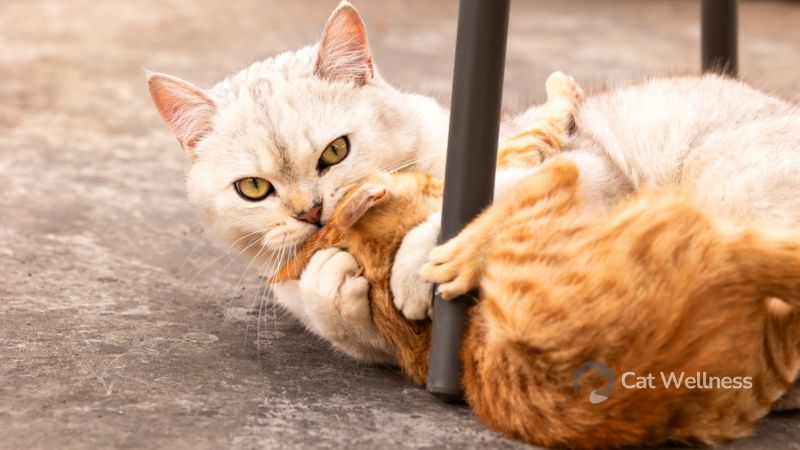
Feral cats, in particular, tend to exhibit more aggressive and competitive behaviour compared to domesticated cats, and even minor disputes can escalate into serious fights.
In some instances, cats may employ their teeth and sharp claws to defend themselves when conflicts arise. However, it’s important to note that cats do not intentionally seek to inflict deadly harm on another animal.
On the other hand, street cats are more inclined toward this behaviour due to their self-reliance, lack of familiarity with affection, and reliance on their primal instincts.
In contrast, domesticated cats, having grown accustomed to living with humans, are less likely to escalate conflicts to the point of causing serious harm to another cat.
Why Do Cats Occasionally Engage in Lethal Confrontations?
As previously discussed, Cats do not typically kill each other without provocation. Their aggressive tendencies are intrinsic to their unpredictable and cunning natures, yet individual cats may exhibit distinct behaviours. Here are six explanations for why one cat may fatally harm another:
– Playful Disputes: Cats are fond of play, and sometimes, while engaging in vigorous play with another cat over the same toy, a conflict may arise that escalates into a physical altercation. In such cases, rescued or feral cats may struggle to control their instincts when interacting with domestic cats, leading to aggression.
– Territorial Conflicts: Cats strongly desire human attention and may become hostile if another cat encroaches upon their territory. This territorial aggression can result in severe injuries or even death.
– Predatory Instincts: Cats are natural predators, and while pursuing smaller animals, they may inadvertently harm other cats. This behaviour is particularly common among feral cats and can lead to serious injuries.
– Home Invasions: If a stray cat enters your home, your domestic cat may respond aggressively. However, it’s important to note that stray cats tend to be more aggressive and formidable, posing a risk of injury or even death to domestic cats.
– Self-Defense: When a cat feels frightened or threatened, it may resort to aggression as a means of self-protection. The greater the fear, the more vehemently a cat may fight, potentially resulting in injuries that could be fatal.
Tips To Stop Cat Fights
If you’re in bed and hear your cat getting into a standoff with another neighbourhood feline, immediately prevent a brawl.
Grab a spray bottle filled with water and go outside to where the cats are. Chances are, the mere sight of you will make the other cat flee.

However, if you arrive late and the cats are already fighting, use the water spray to intervene and break them up. This method typically works, causing the cats to disengage, with the aggressor usually retreating.
Never attempt to separate fighting cats with your hands physically. In the heat of the battle, they may turn on you, scratching and biting.
Cats’ sharp claws and teeth can easily pierce your skin, leading to serious injuries and the potential risk of contracting cat-scratch disease.
As a result, you might have costly visits to the vet and the hospital.
How to Prevent Cat Fights: Safety Tips for Cat Owners
In this section, I will guide you on ensuring that your cats don’t engage in fights with one another while keeping yourself safe. Let’s explore the following recommendations:
Provide Space
After a cat altercation, it’s crucial not to attempt to handle or calm down your feline companions, as they can become even more aggressive in their heightened state.
Instead, give them some space to calm down naturally. Once they have cooled off, they will approach you, seeking affection.
Separate Resources
If you have multiple cats in your household, it’s essential to segregate their food, water bowls, and litter boxes.
This prevents them from competing for resources, reducing the likelihood of conflicts. This practice can also foster better relationships among your domestic cats.
Consider Spaying and Neutering
If your cat displays persistent aggressive behaviour, consult your veterinarian about spaying females or neutering males.
This can help reduce aggressive tendencies driven by excessive breeding hormone production.
Use Pheromone Sprays
Natural pheromone sprays designed for cats can have a positive impact. You can purchase pheromone air fresheners to lower anxiety and enhance comfort in your cats, which can help reduce the likelihood of fights.
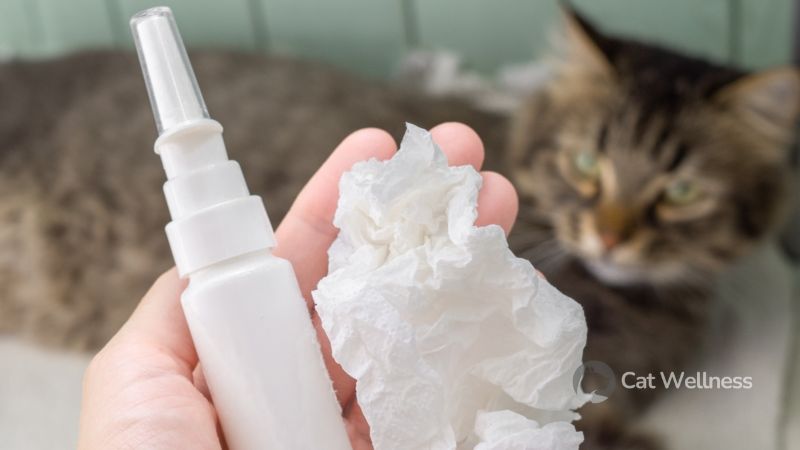
Enrich Your Cats’ Environment
Offer various enrichment options for your cats, including toys, perches, hiding spots, and scratching posts.
Cats that engage with a diverse range of toys experience physical and mental stimulation, promoting their overall well-being.
FAQs
Do cats get traumatized after a cat fight?
Yes, cats can get traumatised after a catfight. Physical injuries are not the only concern; the psychological impact can also be significant.
Cats may become fearful, anxious, or stressed after a fight, especially if it is intense or if one cat is injured.
Is it best to let cats fight it out?
It is not recommended to let cats fight it out. While occasional disagreements between cats are normal, allowing fights to escalate can lead to serious injuries and long-lasting animosity between the cats.
It’s best to intervene to prevent fights and address the underlying causes of their conflicts.
Do cats become friends after they fight?
Cats can sometimes reconcile after a fight, but it’s not guaranteed. Whether they become friends depends on the cats’ personalities, the severity of the fight, and how the situation is managed afterwards.
It’s essential to reintroduce them gradually and provide positive experiences to encourage a better relationship.
How do you comfort a cat after a cat fight?
To comfort a cat after a fight, create a quiet and safe space for them to retreat if they’re stressed. Offer them their favourite treats or toys to help distract and calm them.
Be gentle and provide soothing words and petting if they allow it. Monitor them for any signs of injury and seek veterinary care if needed.
Should I comfort my cat after a fight?
Comforting your cat after a fight is a good idea, as they may be scared or anxious. Providing comfort and reassurance can help reduce stress and promote physical and emotional healing.
Do cats remember their fights?
Cats have a memory, but the extent to which they remember specific fights may vary. Cats may remember the emotions associated with a fight, which can influence future interactions with the other cat.
However, their memory is not like that of humans, and it’s more focused on survival instincts and immediate experiences rather than holding grudges.
Conclusion
In short, whether a cat is domesticated or wild, it can display aggressive behaviour. This aggression may lead to fights between cats, which can be challenging to control.
While you can’t eliminate the instinct to fight with cats, you must intervene and prevent violent conflicts as a responsible pet owner.
However, exercising caution when breaking up catfights is essential, as you may put yourself at risk. If your cats sustain injuries during these altercations, it is crucial to consult with a veterinarian and administer any necessary medications.
Additionally, taking proactive measures to prevent future fights among your cats is essential to maintain their safety and well-being.
Thanks for reading!
Can cats kill each other in a fight? Enjoy the video! We hope you find it beneficial.
Recommended Reading





